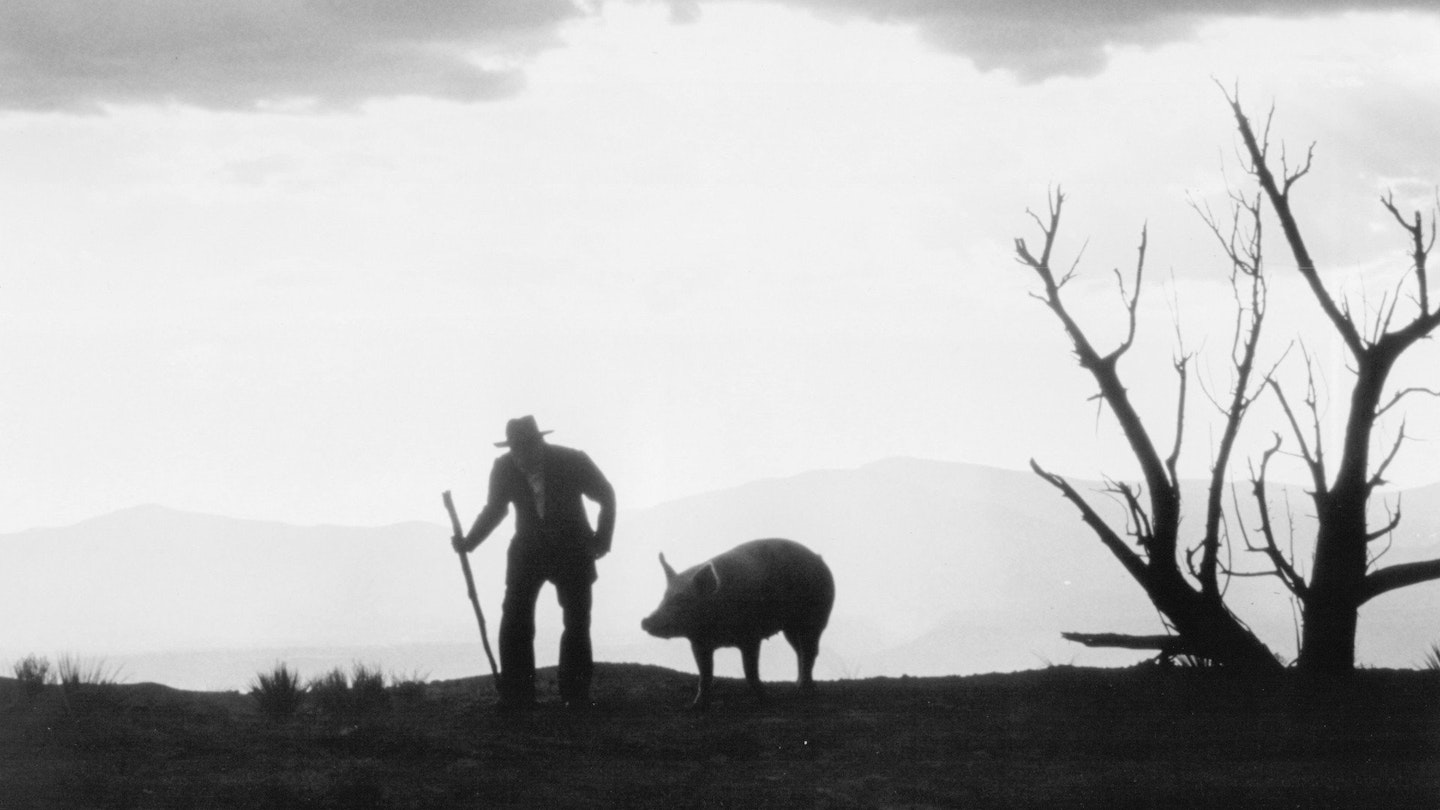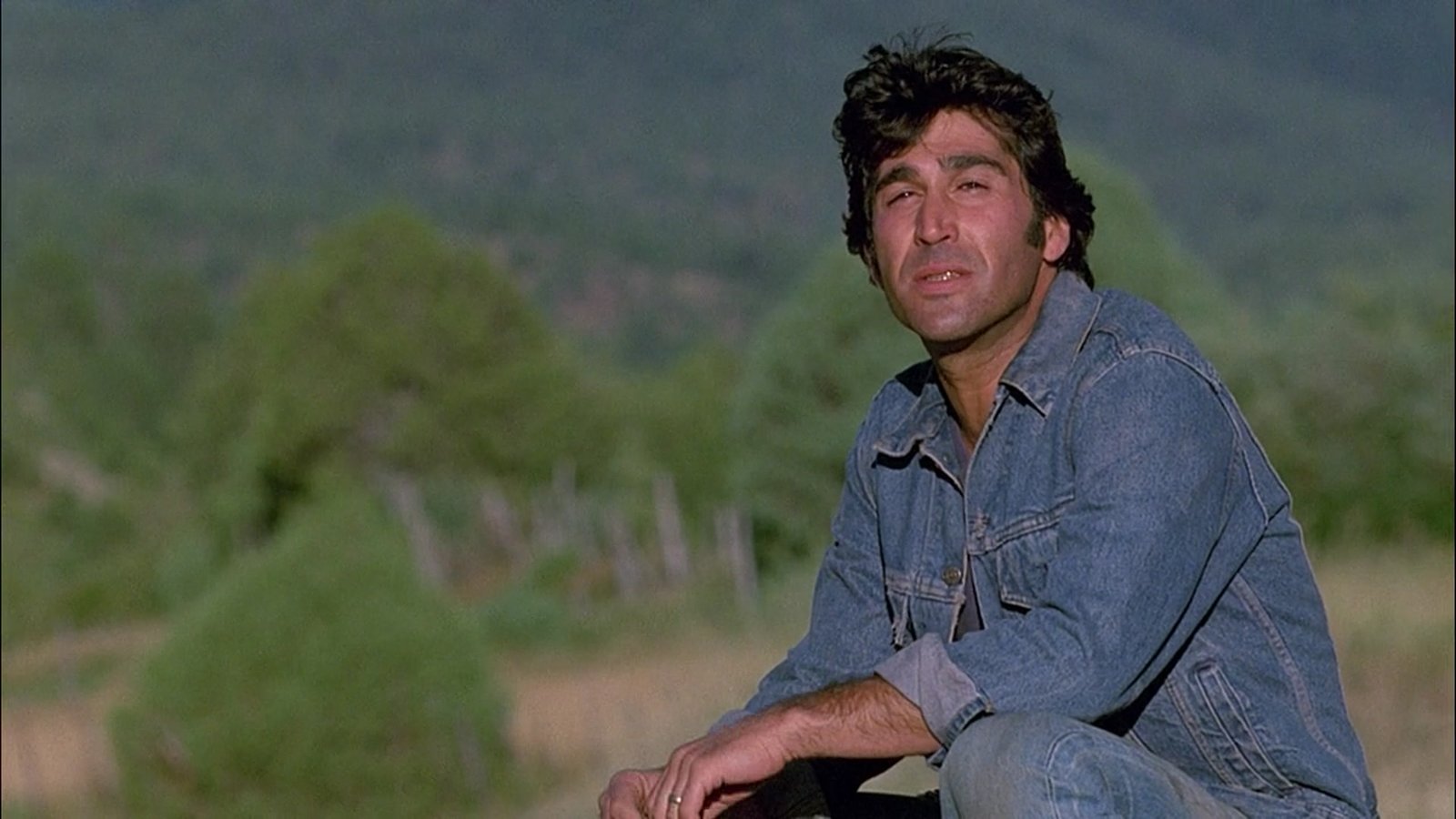The Milagro Beanfield War Star a novel by John Nichols, and its subsequent film adaptation directed by Robert Redford, present a rich tapestry of themes including cultural identity, environmentalism, and social justice. Set in the fictional town of Milagro, New Mexico, the story revolves around the struggle of local farmers against corporate interests seeking to exploit their land and water rights. This article delves into various aspects of the narrative, characters, and cultural significance of both the book and film.
1. Overview of The Milagro Beanfield War Star
The Milagro Beanfield War Star is a poignant tale that captures the essence of life in northern New Mexico. It tells the story of Joe Mondragon, a farmer who takes a stand against a powerful developer by illegally irrigating his beanfield. This act of defiance ignites a broader conflict between the local community and external forces threatening their way of life.
2. Author John Nichols and His Vision
John Nichols, an influential voice in American literature, wrote The Milagro Beanfield War as part of his New Mexico Trilogy. His work often reflects deep respect for the culture and struggles of the Latino community in New Mexico. Nichols’ narrative style is characterized by vivid descriptions and a deep understanding of the socio-political landscape.
3. Key Themes Explored
Cultural Identity
The novel explores the rich cultural heritage of northern New Mexico’s Hispanic population. It highlights their connection to the land and traditions that have been passed down through generations.
Environmentalism
Water rights serve as a central theme in both the book and film. The struggle for access to water symbolizes broader environmental issues faced by rural communities across America.
Social Justice
The story embodies a classic David vs. Goliath scenario where ordinary citizens unite to confront corporate greed. This theme resonates with contemporary movements advocating for social justice and community rights.
4. Character Analysis
Joe Mondragon

Joe is the protagonist whose impulsive decision to irrigate his beanfield sets off a chain reaction of events. His character represents resilience and determination against oppressive forces.
Ruby Archuleta
A strong female character, Ruby plays a crucial role in rallying support for Joe’s cause. Her fiery spirit embodies the fight for justice within the community.
Amarante Cordova
Amarante serves as a wise elder figure, providing comic relief while also imparting cultural wisdom. His character highlights the importance of tradition and folklore in shaping community identity.
5. Plot Summary
The plot unfolds with Joe Mondragon’s frustration over his inability to farm due to corporate control over water rights. His accidental discovery of water leads him to plant beans, igniting conflict with local developers who seek to transform Milagro into a resort town. As tensions rise, various community members take sides, leading to a climactic showdown that ultimately favors the locals.
6. Film Adaptation by Robert Redford
Robert Redford directed the film adaptation in 1988, bringing Nichols’ vision to life on screen. The film retains much of the novel’s charm while introducing visual elements that enhance its magical realism.
7. Cinematic Techniques
Redford employs vibrant cinematography to capture the beauty of New Mexico’s landscapes, which play an integral role in establishing the setting’s emotional depth. The use of humor alongside serious themes creates a balance that engages audiences while provoking thought.
8. Reception and Impact
Upon its release, The Milagro Beanfield War received mixed reviews but has since gained recognition as a cult classic. It resonates particularly with audiences interested in social issues and cultural representation in cinema.
9. Cultural Significance
The story reflects real struggles faced by rural communities against encroaching development. Its portrayal of Latino culture offers an essential perspective often overlooked in mainstream narratives.
10. Legacy of The Milagro Beanfield War

Both the book and film continue to inspire discussions about land rights and environmental justice today. They serve as reminders of the importance of community solidarity in facing systemic challenges.
11. Comparative Analysis: Book vs Film
| Aspect | Book | Film |
| Narrative Style | Richly descriptive | Visual storytelling |
| Character Depth | Extensive backstories for characters | Some characters underdeveloped |
| Themes | Focus on cultural identity | Emphasis on visual magic realism |
| Tone | Comedic yet serious | Light-hearted with social commentary |
12. Influence on Future Works
The Milagro Beanfield War has influenced numerous filmmakers and writers interested in portraying marginalized voices and social issues within their narratives. Its blend of humor and serious themes has become a model for future works addressing similar topics.
13. Quotes That Resonate
Several quotes from both the book and film encapsulate its essence:
- “Nobody would do anything if they knew what they were in for.” — Amarante Cordova
- “Water is life.” — A recurring theme throughout both narratives.
These quotes reflect the central struggles within the story while resonating with broader societal issues regarding resource management and community rights.
14. Conclusion: A Timeless Tale
The Milagro Beanfield War remains relevant today as it addresses timeless themes of resistance against oppression, cultural identity, and environmental stewardship. Its legacy endures through continued discussions about social justice within rural communities across America.
15. Further Exploration
For those interested in exploring these themes further, both John Nichols’ works and Robert Redford’s film provide rich material for understanding not only northern New Mexico’s culture but also broader societal issues that persist today. Engaging with these narratives can foster greater awareness and appreciation for diverse voices within American literature and cinema.
In summary, The Milagro Beanfield War stands as a significant contribution to American literature and film, offering insights into cultural identity, environmental challenges, and social justice through its engaging narrative and memorable characters.




